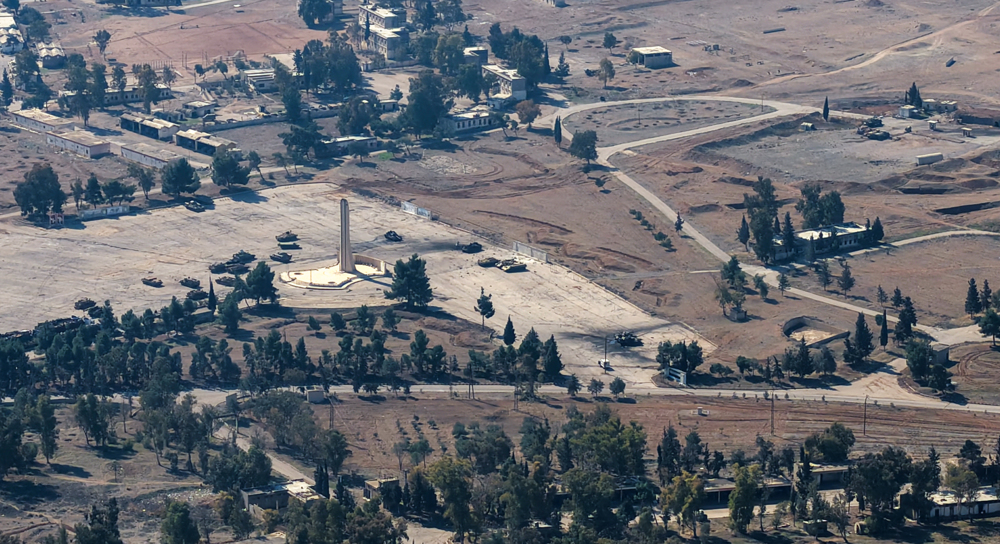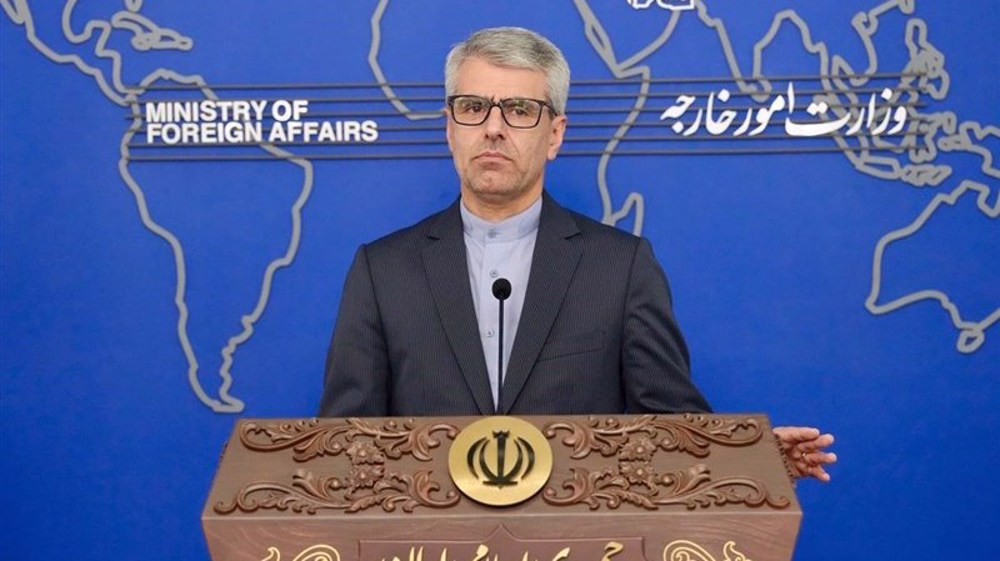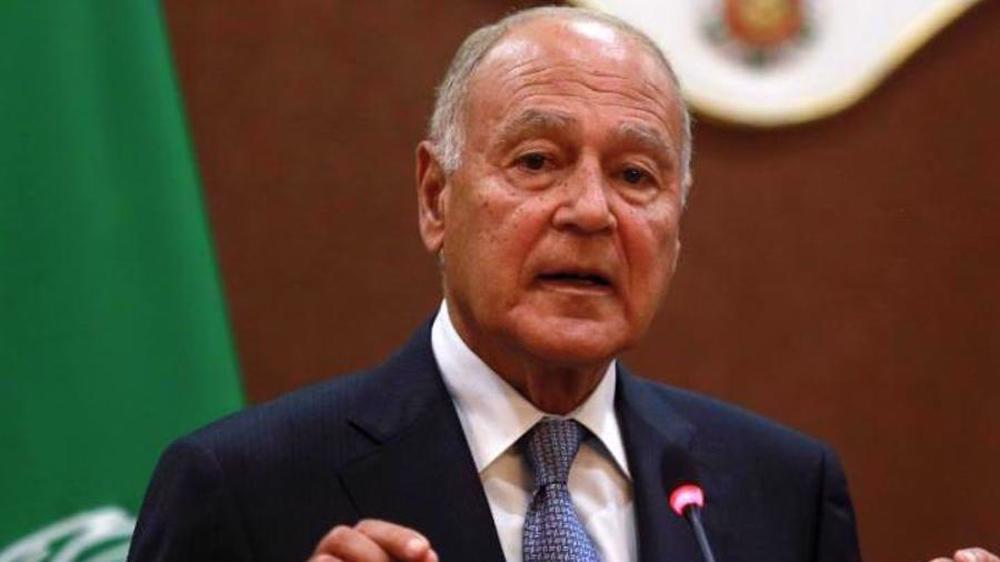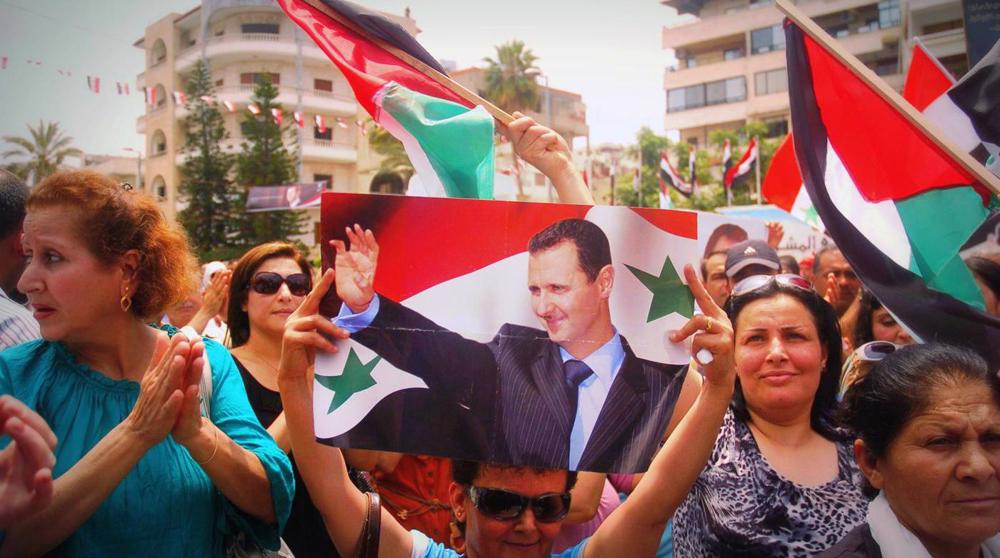Report reveals UK attempt to turn Syria Alawites against Assad
A new report sheds light on Britain’s role in the formation of a so-called protest campaign online against the government of Syrian President Bashar al-Assad in the name of the Arab country’s Alawite community, a key source of support for Damascus in its years-long fight against foreign-sponsored terrorists.
The Middle East Eye (MEE) news portal reported on Wednesday that although Sarkha – or “The Cry” – claimed to be a grassroots campaign by the Alawites, it was actually created on behalf of London.
The community — from which Assad’s family hails — has played a key role in the Damascus government’s successful fight to liberate Syria from the foreign-backed militant groups wreaking havoc on the country since 2011.
Citing official documents, the MEE found that Sarkha was devised by an American company, Pechter Polls of Princeton, New Jersey, working under contract to the British government.
The contract, the report said, was initially managed by a unit at the UK’s Ministry of Defense called Military Strategic Effects and later by a British government fund called the Conflict, Stability and Security Fund (CSSF).
It added that British strategic communications officials used the term “AWBP” —the Alawite web-based platform for Sarkha, one of five main propaganda programs that the UK was operating in Syria.
According to a review of the programs in July 2016, Sarkha — whose budget from the CSSF during that financial year stood at $746,000 — was said to be aimed at creating “a safe, secure, social media platform for the Alawite people to discuss and exchange idea about their needs, lives and future roles in a post-revolutionary Syria.”
Launched in 2014, Sarkha raised concerns about what it called high casualty rates among Alawites serving in the Syrian army. It was later re-branded as a campaign called Same Pain.
One activist who was involved in the campaign said, “I do not think we were completely successful. When the campaign ended, the contact person for Alawites left for Europe.”
“This campaign had no actual impact or presence,” said a journalist in the city of Tartus.
Back in February, the MEE disclosed that the British government covertly established a network of citizen journalists across Syria during the early years of the war in an attempt to shape perceptions of the conflict.
Frequently, those recruited were unaware that they were being directed from London, the report said, adding that a number of them were killed during the crisis.

Arab states condemn Israel's new aggression against Syria

Iran urges swift action to end Israel’s strikes on Syria

‘Provocative escalation’: Arab League censures Israeli strikes in Syria
Over dozen settlers injured in anti-Israel operation near Haifa
Pezeshkian: Iran open to talks but won’t capitulate to bullies
VIDEO | Iran unveils advanced naval arsenal
VIDEO | Reunion of released Palestinians and their families in Khan Yunis
Kurdish leader Ocalan calls on PKK militants to end war with Turkey
Health leader warns Africa's health services at risk of 'collapse'
VIDEO | Press TV's news headlines
Iranian flotilla makes port call in India with 'friendship message'








 This makes it easy to access the Press TV website
This makes it easy to access the Press TV website